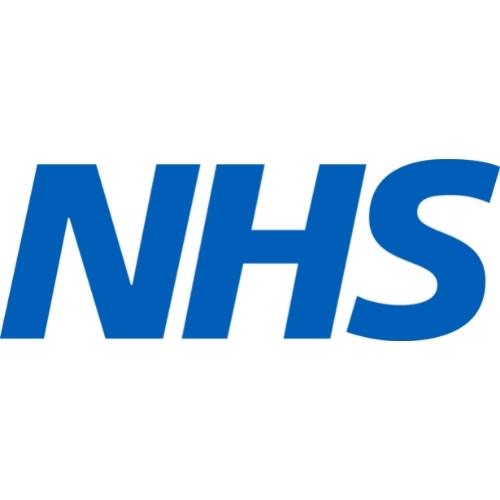Key points from article :
The National Health Service (NHS) in England is set to significantly ramp up its use of robotic-assisted surgery in a bid to speed up patient care, reduce waiting times, and improve clinical outcomes. Currently, around 70,000 such surgeries are performed annually, but NHS England plans to boost this number to approximately 500,000 over the next decade. By 2035, it's anticipated that 90% of keyhole surgeries will be robot-assisted, a striking increase from the present rate of 20%.
Health Secretary Wes Streeting, who personally benefitted from robotic surgery during his treatment for kidney cancer, emphasized that new technologies like robotic systems, artificial intelligence for cancer detection, and data-driven medicine will be pivotal in transforming the NHS into a more efficient and forward-looking health service. NHS officials highlight that robotic surgeries typically result in faster recovery times and reduced hospital stays, enabling more patients to be treated and relieving pressure on the healthcare system.
The expansion of robotic surgery is part of a broader strategic push, detailed ahead of the NHS ConfedExpo conference in Manchester. Sir Jim Mackey of NHS England stressed that adopting cutting-edge tools is essential to meeting the goal of reducing elective waiting times by 2029. Robotic-assisted procedures are becoming increasingly common in various specialties, including orthopaedics, where robots can carry out certain elements of operations with precision.
John McGrath, a consultant surgeon and chair of the NHS England Steering Committee on Robotic Assisted Surgery, noted that this shift represents not just an advancement in surgical capability but a systemic improvement. He believes the integration of robots into operating theatres will revolutionize surgical care, benefiting both patients and the broader healthcare infrastructure by enhancing efficiency and freeing up resources.








